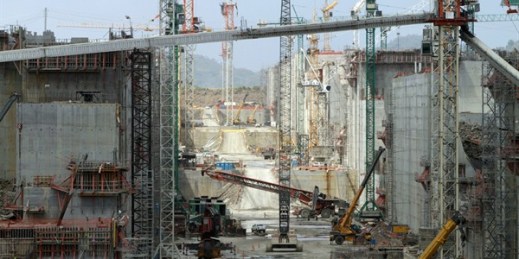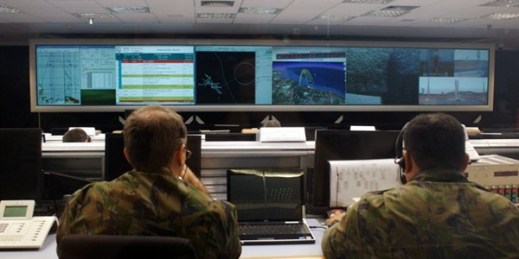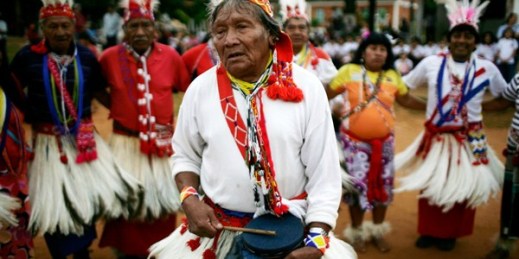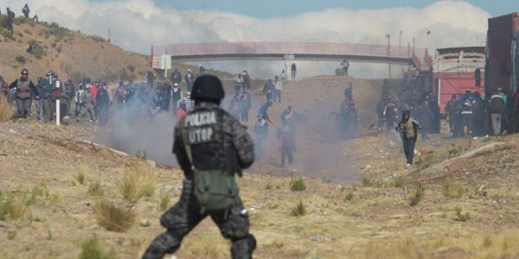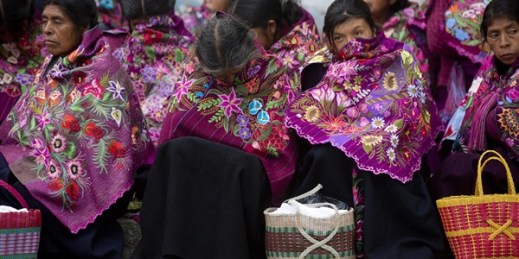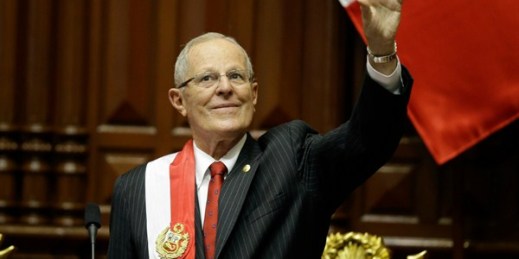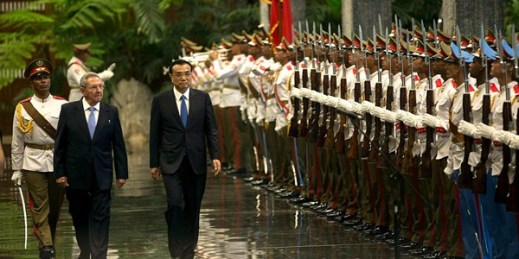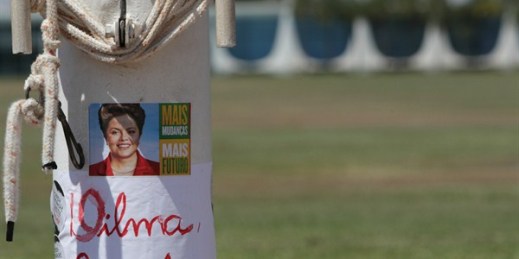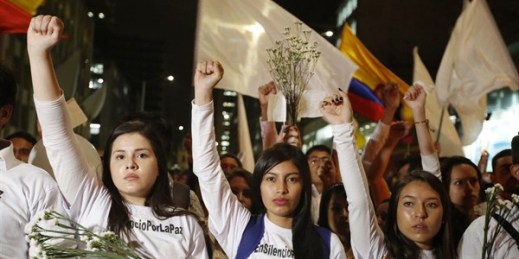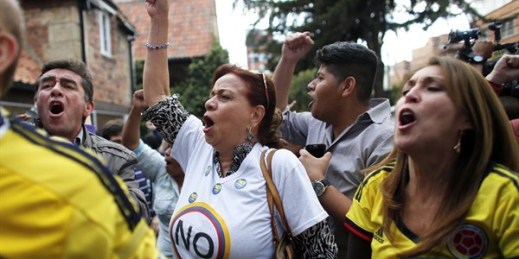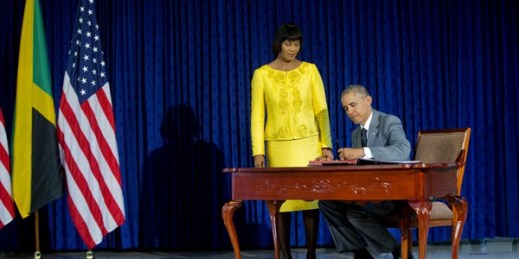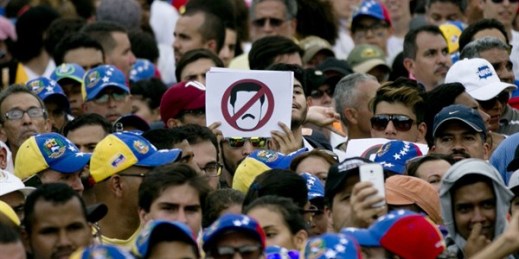
Venezuela’s embattled socialist government is steadily moving the country toward the abyss, and the escalating crisis is taking on more ominous tones. Venezuelans are caught in a fast-spinning economic spiral that has already devastated living standards and created a large-scale humanitarian crisis. But as Venezuelans take to the streets, so far the government has responded with measures that exacerbate tensions and make a peaceful political solution increasingly difficult. President Nicolas Maduro, the heir to the late President Hugo Chavez, was elected by popular vote in 2013. But the Venezuelan system of government can no longer be called a democracy. The […]

